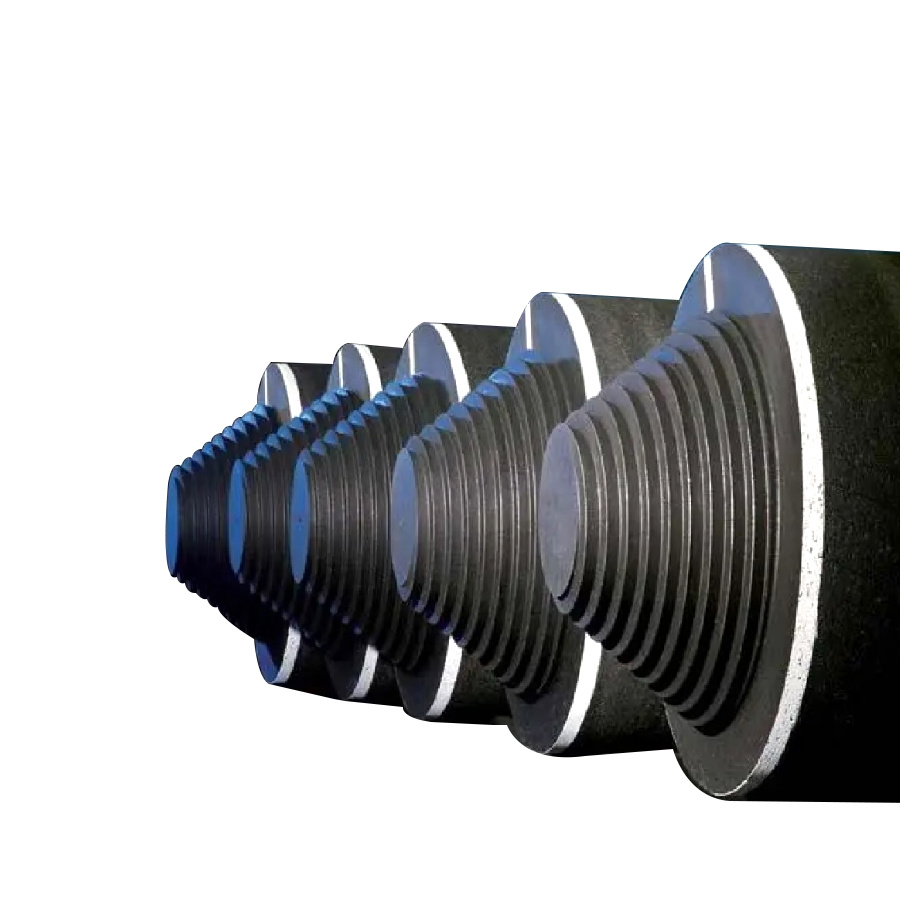The Crucial Role of Graphite Electrodes in Modern Steelmaking
In today’s fast-paced industrial world, the demand for high-quality materials that can withstand extreme conditions is at an all-time high. One such critical material is the graphite electrode—a key component in electric arc furnace (EAF) steel production, which is widely recognized as a more energy-efficient and environmentally friendly method compared to traditional steelmaking.
What Are Graphite Electrodes?
Graphite electrodes are cylindrical rods composed primarily of high-quality graphite material. Their primary role is to conduct electricity in EAFs, where scrap steel is melted and refined. These electrodes can withstand incredibly high temperatures, making them ideal for use in steelmaking, as well as other applications such as silicon metal production, ferroalloy manufacturing, and calcium carbide processes.

Key Benefits of Graphite Electrodes
1.High Electrical Conductivity
Graphite is known for its exceptional electrical conductivity, which allows for the efficient transfer of energy in the electric arc furnace. This property reduces the overall energy consumption and increases the efficiency of the steelmaking process.
2.Excellent Thermal Stability
Graphite electrodes can withstand temperatures exceeding 3,000°C, making them ideal for high- temperature operations. This thermal resistance ensures that the electrodes do not deteriorate quickly, providing longevity in demanding environments.
3.Durability and Low Consumption
The high purity and density of the graphite used in these electrodes contribute to their durability. With fewer impurities, the electrodes resist oxidation and erosion, resulting in lower consumption rates during production, which ultimately reduces operating costs.
4.Cost-Effective and Sustainable
As EAF steelmaking relies heavily on recycling scrap metal, graphite electrodes contribute to a more sustainable production process. They also require less energy compared to traditional blast furnaces, making them both an environmentally and economically favorable choice.
Applications of Graphite Electrodes
· Steel Production: The largest use of graphite electrodes is in steel production via the electric arc furnace method. EAFs are becoming the preferred method for steelmakers due to the efficiency and flexibility it offers.
· Ferroalloy Production: Graphite electrodes are also vital in producing ferroalloys, where they are used in submerged arc furnaces to produce materials like ferromanganese, ferrosilicon, and other alloys.
· Silicon Metal and Calcium Carbide Manufacturing: Beyond steelmaking, graphite electrodes are essential for producing silicon metal and calcium carbide, where high temperatures are necessary for chemical reactions.
Why Choose Orient Carbon Industry Co., Ltd.?
At Inner Orient Carbon Industry Co., Ltd., we are committed to supplying top-grade graphite electrodes that meet the stringent demands of modern steel and alloy production. We understand the importance of product reliability and performance, which is why we provide only the highest quality materials to our clients.
· Reliable Performance: Our graphite electrodes are manufactured using advanced technology and carefully selected raw materials to ensure superior performance in high-temperature environments.
· Tailored Solutions: We offer a range of specifications to meet the diverse needs of industries, providing custom sizes and grades for different furnace types and production requirements.
· Timely Delivery: With our efficient logistics network, we ensure that your materials are delivered on time, helping you maintain seamless operations.
Conclusion
Graphite electrodes are indispensable in the modern steelmaking process, offering efficiency, durability, and environmental benefits. At Orient Carbon Industry Co., Ltd., we strive to be your trusted partner in providing the materials you need to succeed in a competitive industrial landscape.
Contact us today to learn more about how our graphite electrodes can power your production and keep your business moving forward.





